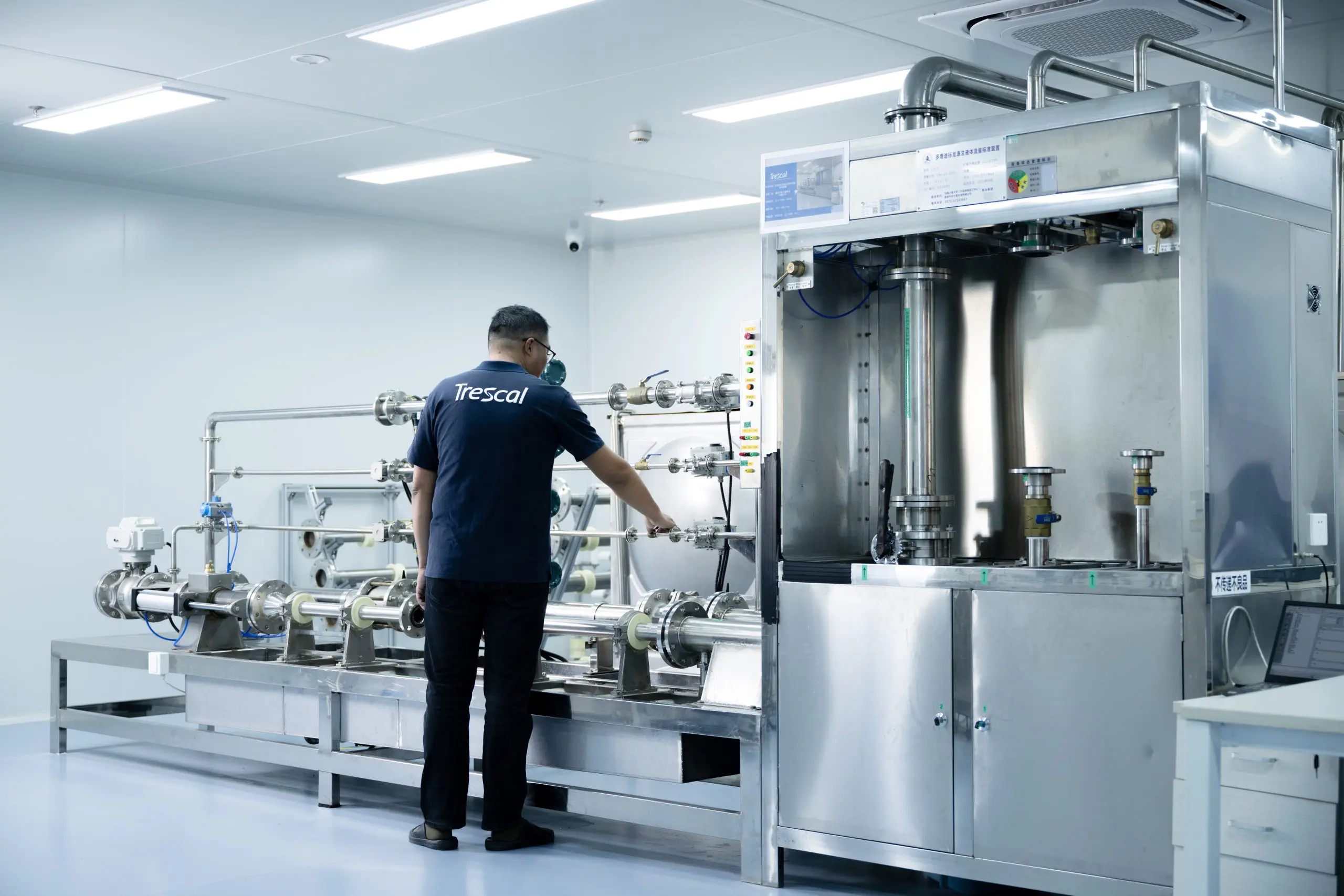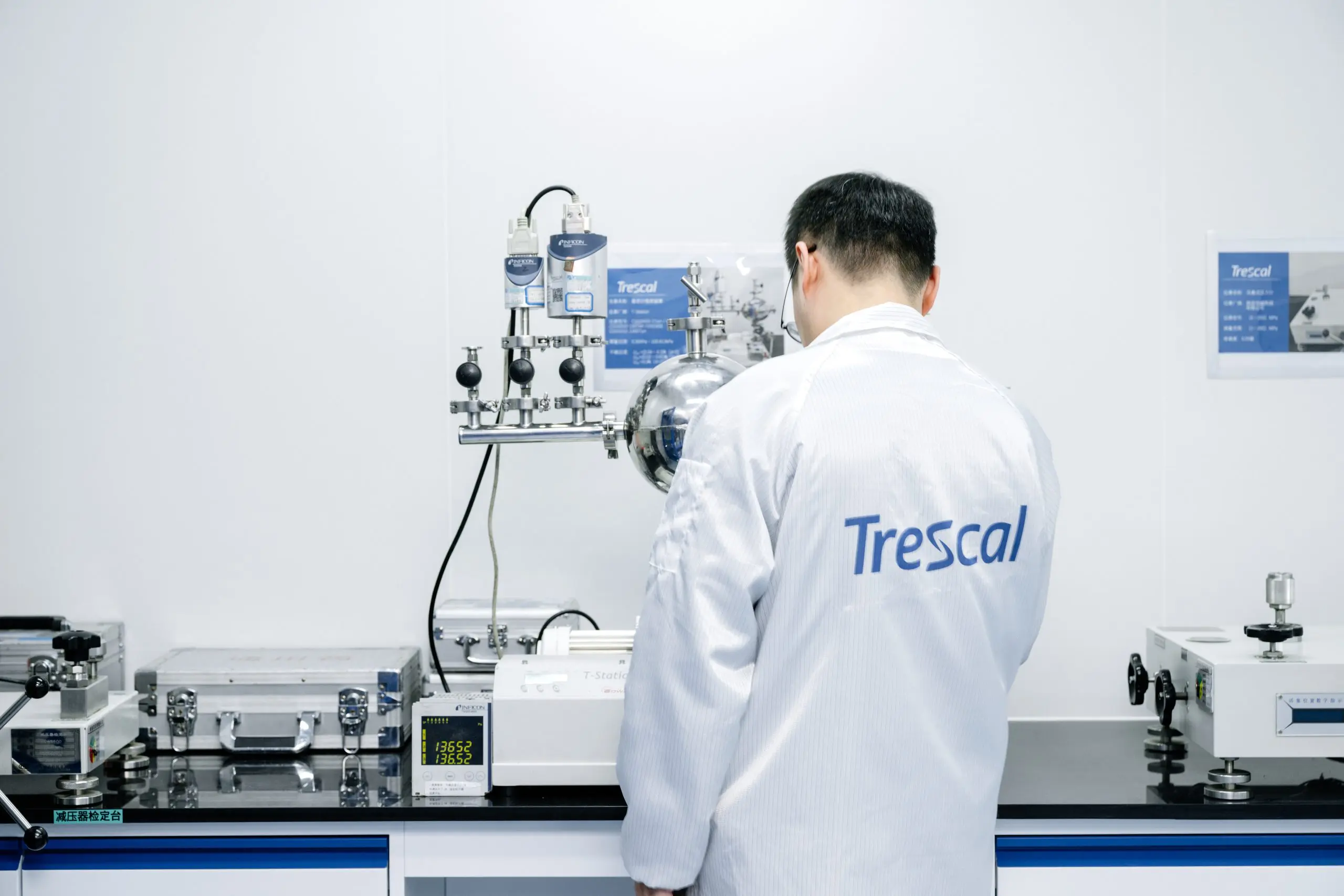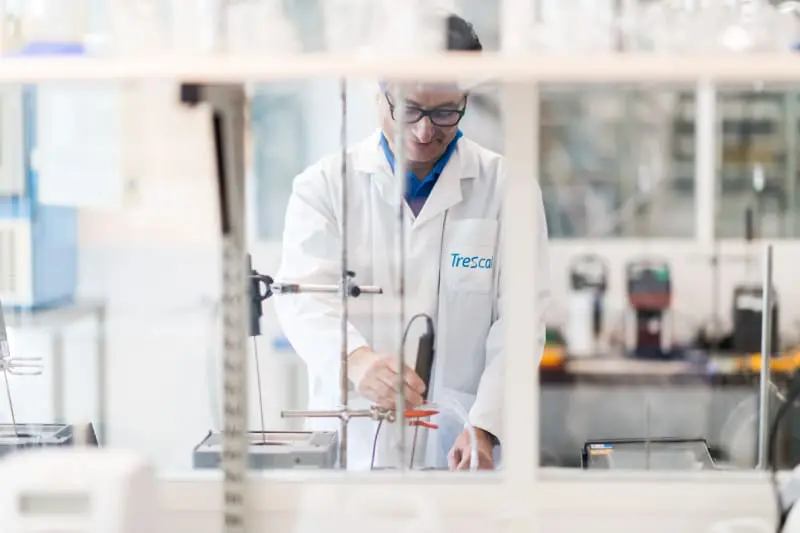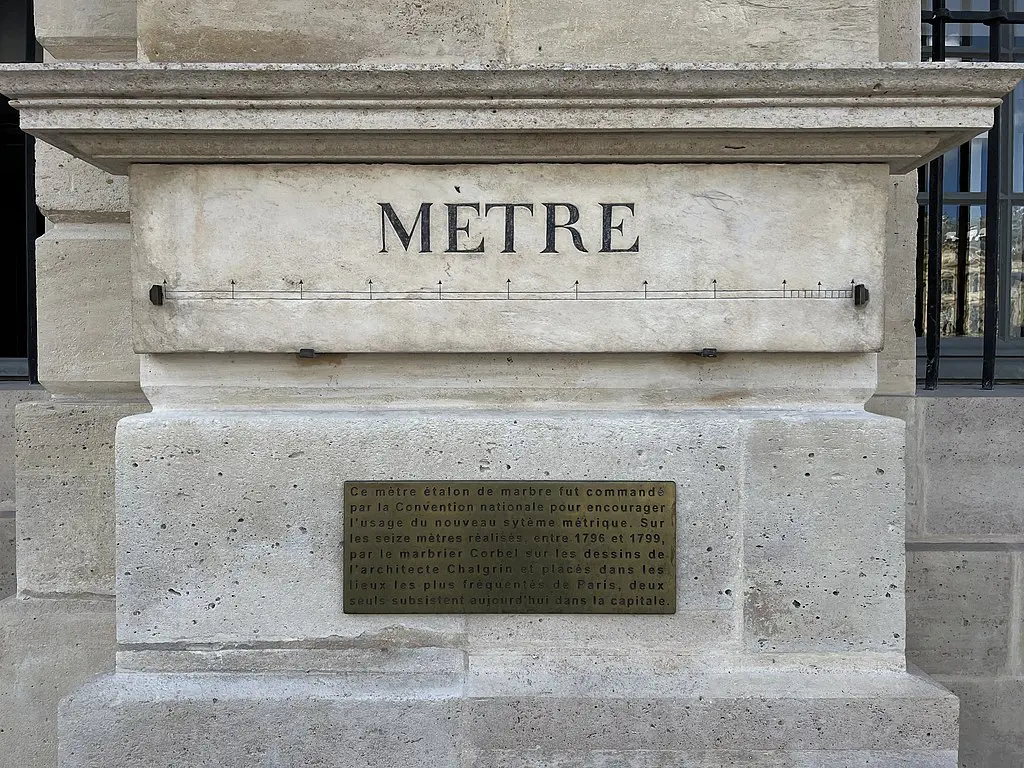The Cornerstone of Accuracy: Choosing the Right Calibration Supplier
The accuracy of your equipment is paramount. Whether you’re in manufacturing, healthcare, aerospace or telecommunications, reliable measurements are crucial for quality control, regulatory compliance and overall operational efficiency. A key factor in maintaining equipment accuracy is your calibration supplier. But how do you choose the right one? Keep reading to learn the essential factors to consider when selecting a calibration supplier so you can have the confidence that your equipment and your business operate efficiently.
5 Factors to Consider When Selecting a Calibration Supplier
1. Scope of Accreditation and Traceability
Review your supplier’s accreditations. Your calibration supplier should hold relevant accreditations, such as ISO/IEC 17025. This internationally recognized accreditation proves that an independent body has inspected the lab and assessed its calibration techniques, procedures and engineer competence for a specific capability. Verify which accreditation body has certified the supplier, i.e., UKAS signatories, as each country and industry might have specific accreditation requirements.
Don’t assume all calibration providers handle everything. Make sure the supplier’s scope of accreditation covers the specific types of equipment and parameters you need calibration. The supplier should provide calibration certificates that clearly demonstrate traceability to a recognized national or international standard (SI units maintained by national metrology institutes). This ensures the unbroken chain of comparisons back to a fundamental standard.
2. Technical Capabilities
Beyond accreditation, ask about a provider’s complete technical capabilities. Some providers won’t invest in the equipment or expertise to handle all types of instrument calibration. Do they offer the specific calibration services you require, i.e., electrical, mechanical, temperature, pressure, etc.? Ask what your supplier does when a piece of equipment comes in for calibration outside its normal area of expertise.
Understand your supplier’s standard and expedited turnaround times. Downtime can be costly, so finding a supplier who can meet your scheduling needs is critical. On-site calibration or mobile calibration services can minimize disruption and downtime. Consider the pros and cons of each option based on your needs.
3. Quality and Documentation
Robust quality systems and thorough documentation are hallmarks of a reliable calibration supplier. Ask your supplier about quality management systems and procedures to ensure they have processes in place to uphold the quality and integrity of their calibration services. Review sample calibration certificates. They should be clear, comprehensive and include essential information such as equipment details, calibration date, results, uncertainties, standards used, and technician signatures.
4. Value, Speed and Cost
Don’t settle for speed over accuracy. Quality of measurement should never be compromised for speed. High-level measurement takes time, the right equipment, and the right conditions. While cost is a consideration, it shouldn’t be the sole deciding factor. Focus on the overall value proposition. Understand their pricing structure and any potential hidden fees by requesting a detailed quote.
Consider the long-term value of accurate calibrations in terms of preventing costly errors, ensuring compliance, and maintaining product quality. A slightly more expensive but technically robust and highly reliable supplier might offer a better value long term.
5. Value Add Services and Customer Support
A good calibration supplier is more than just a service provider. They are your partner in ensuring your measurement accuracy. Going beyond calibration services, they should offer value added services such as comprehensive asset management solutions that ensure your measurement instruments are achieving their full lifecycle capabilities.
As with any provider, dedicated customer service teams and key performance indicator transparency should enable a lasting partnership. This engenders a data-driven, holistic, long term approach to client success.
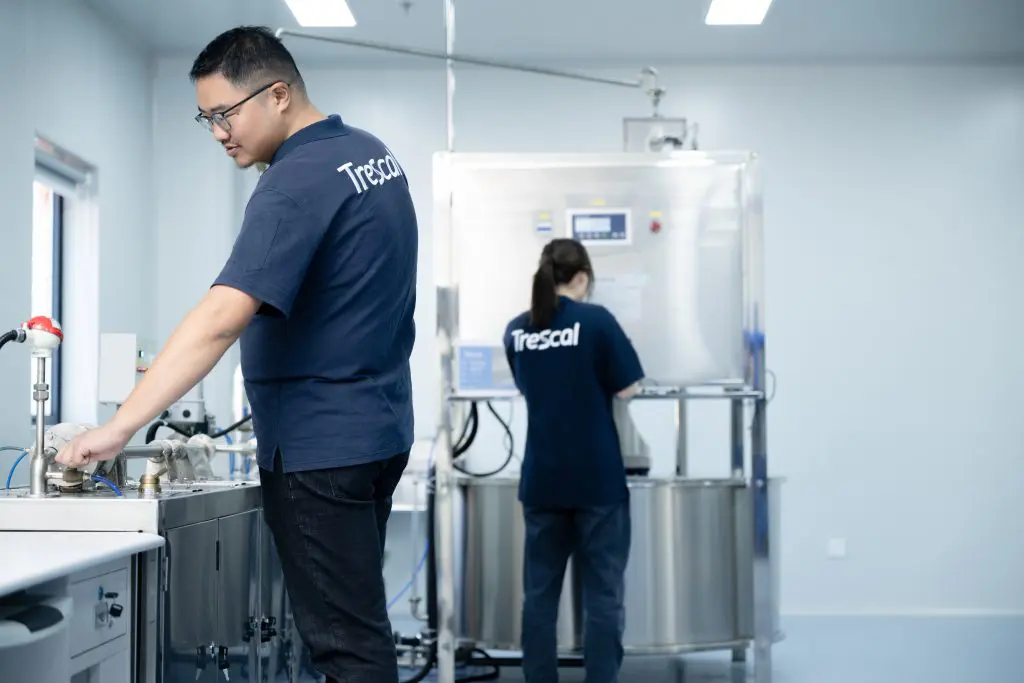
Selecting the right calibration partner is a critical decision that can significantly impact the accuracy and reliability of your measurements. By considering factors such as technical capabilities, quality systems, accreditation, customer service, cost and value, you will nominate a partner who ensures the integrity of your equipment and contribute to the efficiency of your operations. Investing the time in thorough due diligence will pay dividends in the long run, guaranteeing the accuracy you need to thrive in today’s demanding environment.
The Global Leader in Calibration Services
As the global leader in calibration services, Trescal has experience in every industry, instrument and domain so that you can feel confident in entrusting us with your entire asset portfolio. We calibrate 3.3 million instruments per year, 98% of which is in-house, covering 20,000 brands and 150,000 referenced instruments. We provide a full suite of precision services that includes calibration, repair, maintenance, asset management, validation and qualification.
